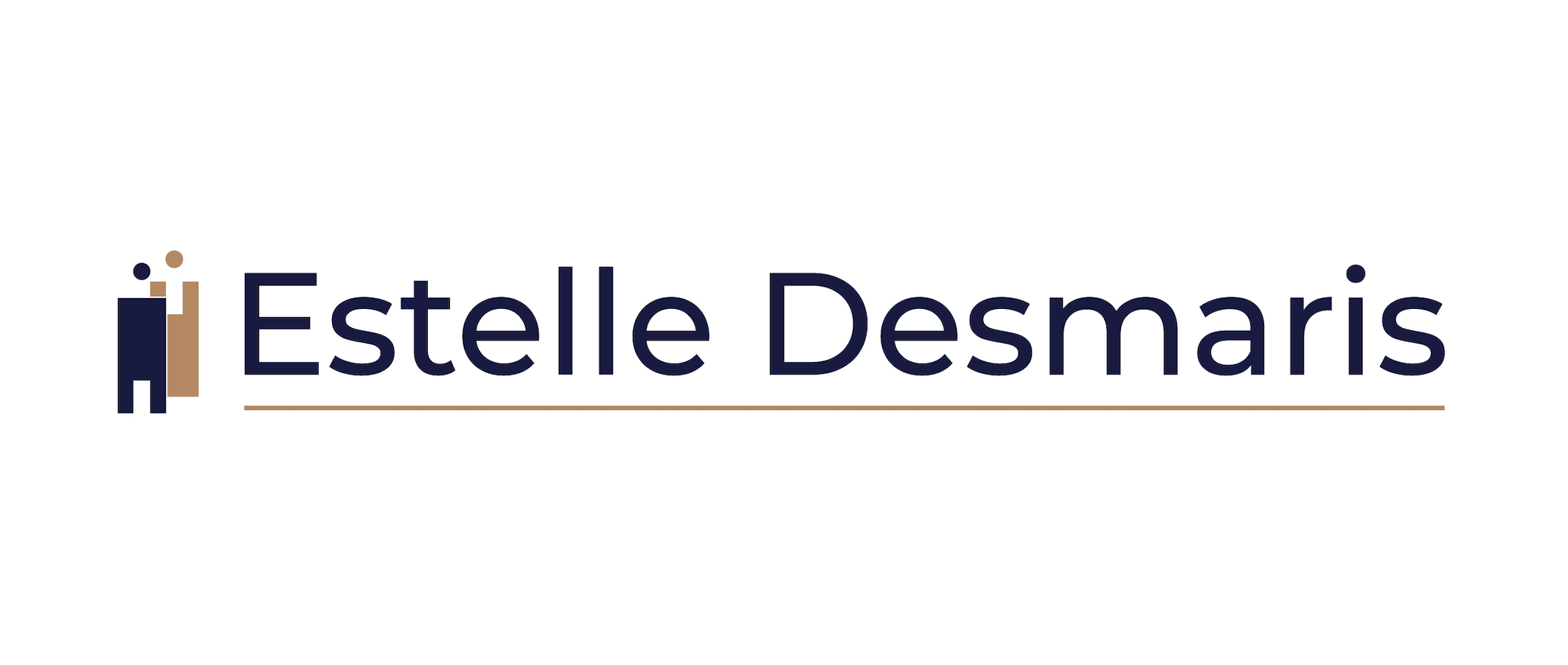When buying or selling property in Spain, the allocation of community expenses (gastos de comunidad) often creates confusion. Who is responsible for ordinary expenses? What happens with extraordinary expenses approved before the transaction? And what about the provisions held in the community’s account?
In this article, we provide a detailed analysis of the legal rules established by Spain’s Ley de Propiedad Horizontal (LPH), complemented by practical examples and advice. Whether you are a buyer or a seller, this information will help you avoid conflicts and ensure a secure transaction.
1. Ordinary expenses: responsibility based on the payment call date
Definition of ordinary expenses
Ordinary expenses are related to the regular and predictable maintenance of the property. These typically include:
- Cleaning of communal areas,
- Electricity for shared spaces,
- Maintenance of lifts, gardens, or swimming pools,
- Fees for the community administrator.
Legal allocation of ordinary expenses
According to Article 9.1.e of the Ley de Propiedad Horizontal (LPH), responsibility for ordinary expenses is determined by the payment call date.
In practice:
- If a payment call is issued before the signing of the public deed of sale (escritura pública de compraventa), the seller must pay it, even if it covers a period after the sale.
- If the payment call is issued after the signing, the buyer is responsible for paying it, even if part of the expenses relates to a period before the purchase.
2. Extraordinary expenses: responsibility based on the approval date
Definition of extraordinary expenses
Extraordinary expenses are related to significant or non-recurring repairs or improvements approved during an owners’ association meeting. Examples include:
- Façade restoration,
- Replacement or renovation of lifts,
- Structural repairs,
- Installation of new communal facilities.
Legal allocation of extraordinary expenses
Article 17.1 of the LPH establishes that responsibility for extraordinary expenses lies with the owner at the time the expense is approved in the owners’ meeting.
In practice:
- If the expense is approved before the sale, the seller is responsible for paying it, even if the payment call is issued after the sale.
- If the expense is approved after the sale, the buyer must pay it.
Relevant case law:
- Tribunal Supremo, Sentencia 578/2014, de 2 de octubre: The court confirmed that extraordinary expenses approved before the sale are the responsibility of the owner at the time of approval, regardless of the payment call date.
- Audiencia Provincial de Alicante, Sentencia de 22 de mayo de 2018: Differentiates between ordinary expenses (linked to the payment call date) and extraordinary expenses (linked to the approval date).
3. Provisions in the community account: do they remain with the buyer?
General rule
Provisions paid monthly by property owners to cover future expenses (ordinary or extraordinary) are tied to the property and not to the individual owner. As such, these funds remain in the community account and benefit the buyer after the sale.
In practice:
- The seller cannot claim reimbursement of these provisions unless explicitly agreed in the sales contract.
4. Practical issues: payment calls after the sale for pre-approved expenses
Legal vs. practical responsibility
After the sale, it is possible that payment calls issued after the signing of the public deed (escritura pública) are sent to the buyer, even if they relate to extraordinary expenses approved before the transaction. For this reason, it is essential to have the support of a specialised lawyer, both to ensure that the seller's obligations are clearly defined to avoid future claims and to prevent the buyer from assuming debts or outstanding charges due to error or omission.



Pas de contribution, soyez le premier